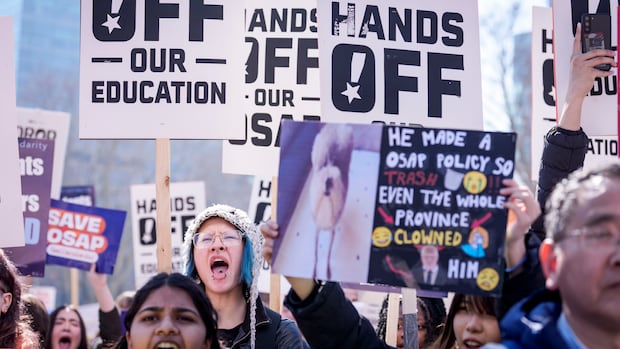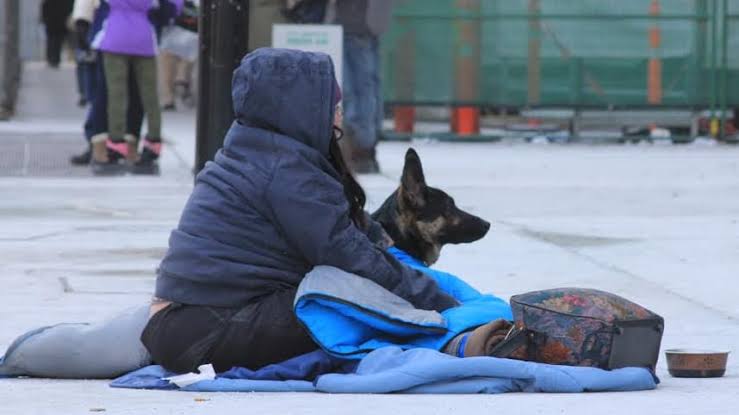Photo credit: Arab News
Even though Indonesia is not a signatory to the UN Refugee Convention of 1951 and its 1967 protocol, it has had a long history of accepting refugees. However, the government does not allow refugees and asylum seekers to work.
Many had fled to the country as a jumping-off point, hoping to reach Australia by boat eventually. However, most are now stuck in what feels like an endless limbo.
Morwan Mohammed and his wife arrived in Jakarta nine years ago after fleeing the war in Sudan. They first travelled from their hometown, Nyala, to Jeddah, Saudi Arabia, and onward to the Southeast Asian archipelago. Their first stop was the UN refugee agency office in the capital.
Mohammed said, “We did not know where to go-just looking for a safe place to live. The most important thing was to get out of Sudan to avoid the war.”
They made their way to Batam in 2016, hoping to travel from there to a third country more easily. Mohammed’s wife gave birth to all three of the family’s children in Indonesia. But he does not know where his family will settle ultimately. He wants to live an everyday life, working and earning money to support himself without relying on others for assistance.
“We left our country, our family. We miss our family members. But life here is also too hard because we have not been working or doing good activities for eight years. Just sleep, wake up, eat, repeat,” he said.
They are lodged in Hotel Kojekta, a former tourist hotel converted into a temporary shelter in 2015. It now houses 228 refugees from conflict-torn nations, including Afghanistan, Somalia, Sudan, and others. 1.2 million people populate the island itself.
The Tanjungpinang Central Immigration Detention Center runs the hotel on nearby Bintan Island. It is home to dozens of detainees facing similarly uncertain futures. They are kept in conditions that more closely resemble a prison.
Two Palestinians have languished there for over a year. They are unable to return home due to the war in Gaza. Four Burmese fishermen are stranded because they cannot afford to pay for their travel.
Those held in the detention centre are those who violated Indonesia’s immigration laws. At the same time, those living in the hotel and other community housing entered the country legally to seek a haven.
On Batam Island, Majdah Ishag – a 36-year-old Sudanese woman-has been living in the hotel for eight years after leaving home. She fled in search of a better life for her family. Although her daily needs are met, she worries about the future and doesn’t want her five children to spend their entire lives in Hotel Kolekta.
“I hope I can find work and resettlement,” she said.
The UNHCR office in Indonesia says that nearly one-third of the 12,295 people registered with the organization are children who have limited access to education and health services.
UNHCR Indonesia says over 12,000 individuals from 40 countries in the country are listed as refugees under Indonesian law. Most are from Afghanistan.
“Resettlement is not speedy…because it is not the UNHCR who decides. We cannot decide that a refugee will go to this country,” Ann Maymann, a UNHCR representative in Indonesia, said.
Source: AP







